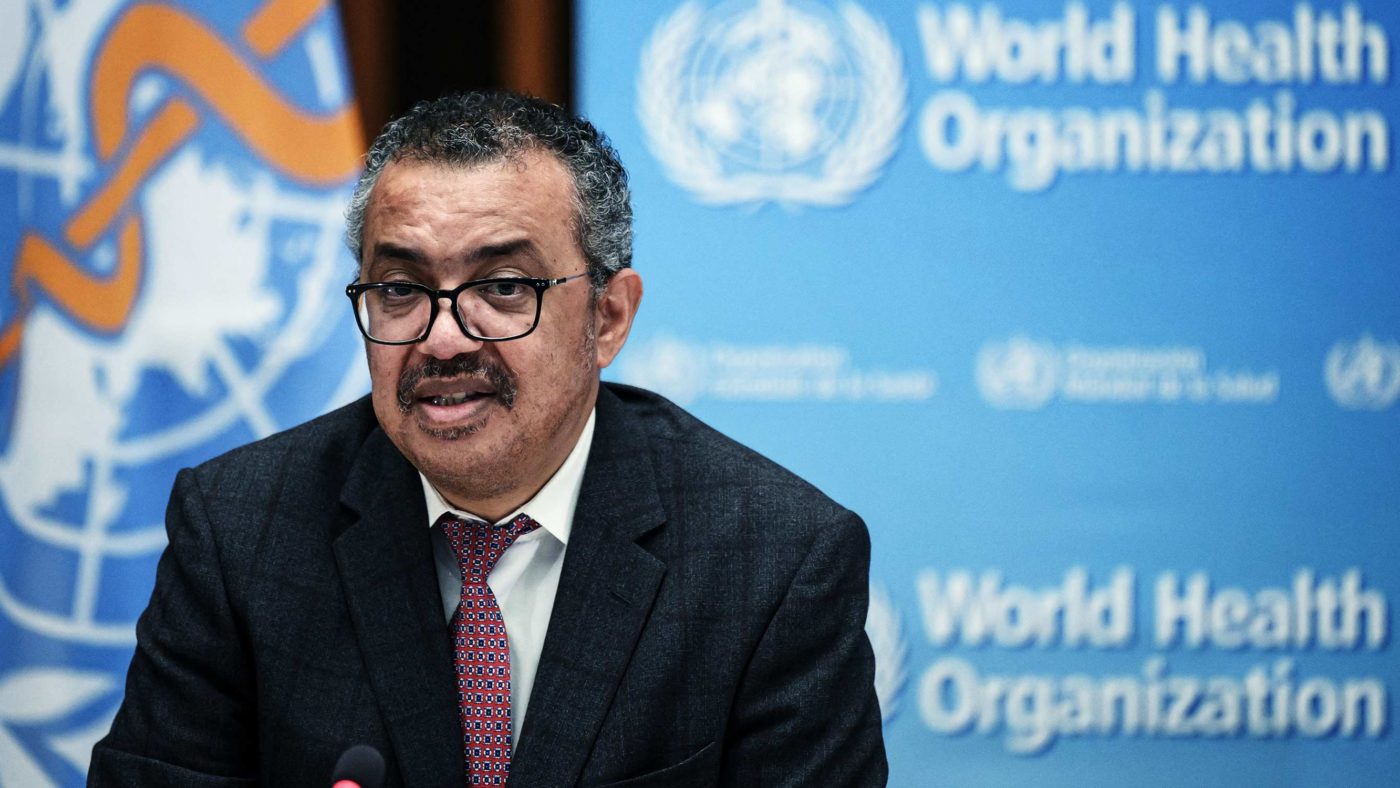Next month, the World Health Organisation will meet (virtually) for the 9th Congress of Parties (COP9) on the Framework Convention on Tobacco Control (FCTC).
The remote nature of the event will militate against some of the less savoury features of the operation. Delegates from innumerable lobbies for more authoritarian restrictions (their counterparts are not welcome) will not be able to physically howl down delegates from the countries which are supposed to be making the decisions.
But it will doubtless still open by voting to exclude the press. We may increasingly demand transparency in every other area of policymaking, but the body to which we have outsourced our policy on tobacco still insists on absolute secrecy. Why do they need it? No good answer springs to mind.
Perhaps it is easy enough to skate any qualms about this opaque, undemocratic, and generally abysmal approach to policymaking if you approve of the results. But predictably enough, such remoteness from accountability does not lend itself to sober consideration of the evidence.
It seems instead to encourage the (carefully selected) attendees to give full vent to the puritan instinct, even when it contradicts the organisation’s stated policy goals. Nowhere is this tendency more apparent than the WHO’s attitude towards vaping.
As Adam Afriyie argued on CapX yesterday, vaping ought to be a subject which brings together both sides of the long, one-sided war on smoking. If you’re a consumer who enjoys nicotine products – and nicotine itself is scarcely the worst legal vice – it provides a new avenue for so doing that is much safer both for you and those around you.
Yet the WHO seems committed to pretending that vaping is as bad as smoking. In 2019, it congratulated India – a nation with hundreds of millions of smoking – on instituting a full ban. In January 2020, it tweeted that vapour is somehow harmful to bystanders, as if trying to simply re-create the ‘second-hand smoke’ argument with no data.
And despite Article 1(d) of the FCTC Treaty explicitly endorsing harm reduction, the WHO seems determined to mention the well-evidenced role vaping can play in moving smokers onto a less harmful alternative as little as humanly possible. In fact, its most recent report urged signatory states to apply exactly the same policy approach to vaping as to cigarettes.
This nonsense has serious consequences. According to ASH, almost two thirds of smokers believe vaping is at least as harmful as smoking – not a belief likely to encourage them to quit. It may also be why the UK currently caps the nicotine content of vape products at 2.5%, which restricts their efficacy as a smoking-cessation tool (and makes them less enjoyable in their own right, of course), and why this country has placed severe restrictions on advertising them.
It also drives private businesses and individuals to introduce policies which reduce what could be a powerful social advantage for vaping by forcing vapers outdoors. If one is going to be huddled in the cold anyway, one might as well have an actual cigarette.
We can’t be sure where this ignorant attitude comes from, due to the WHO’s insistence on secrecy. Is it the sort of mission-creep I described in my last article, with people who enjoy the power and globe-trotting opportunities afforded by the FCTC laying the foundations for a crusade without end? Does vaping’s visual similarity to smoking offend their aesthetic sensibilities? Or is it merely the puritan instinct described by HL Mencken: “the haunting fear that someone, somewhere, may be happy.”
The WHO’s regressive approach has been strongly condemned in the UK, even by the usual public health suspects (how often do I of all people cite findings from ASH?). Happily, the Government is finally in a position to reflect this national view in its international dealings.
COP9 will mark the first time that the United Kingdom has attended in its own right, rather than as part of the European Union delegation (which was yet another firebreak between tobacco policy and anything vaguely accountable to public opinion). It ought thus to be able to wield the influence that should attend being one of the single biggest funders of the WHO.
At minimum, it should build alliances with other countries that support an evidence-led, harm-reduction focused approach, and not allow itself to be bullied into submission by an international conclave of puritans.
But if the Government is really serious about ‘taking back control’, it should go further.
It is too much to hope that we might withdraw from the FCTC Treaty and repatriate control of our laws on tobacco, although we should. As with Dominic Raab’s focus on the Human Rights Act rather than the UK’s membership of the Convention itself, there seems to be limited stomach for getting to the root of the problem with the controversy over Brexit so fresh.
But Britain should act, with the threat of funding cuts of necessary, to force the WHO to open its deliberations to press and public scrutiny. Technology may have made great strides, but in this case sunlight remains the best disinfectant.
If not, we might see crusaders against more of life’s pleasures try to adopt the FCTC template and take back control from a disobliging public.
Click here to subscribe to our daily briefing – the best pieces from CapX and across the web.
CapX depends on the generosity of its readers. If you value what we do, please consider making a donation.


